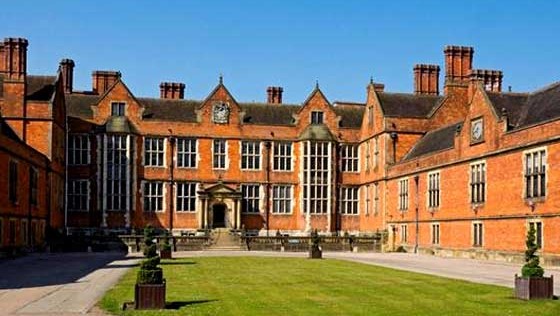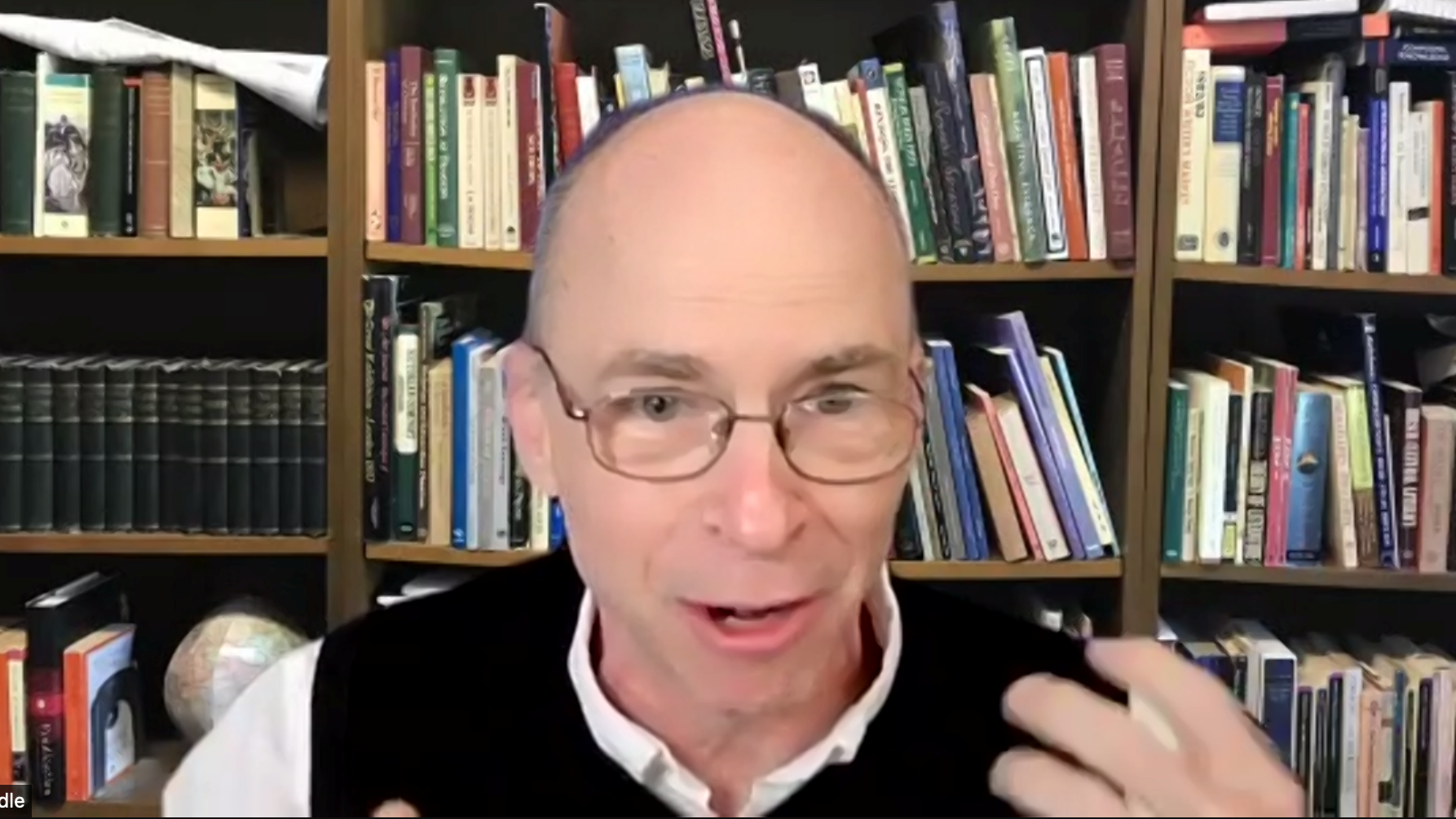On September 15th, Nord University hosted a Digital Partner Day event. In other years, Nord has welcomed its international partner universities to our campuses to meet students in person and present information about their exchange offers. This year, in order to limit risks, the event took place on Zoom. Over 160 Nord University students participated in the online event, as well as representatives from our international partner schools, representing many exciting exchange possibilities.
Nord’s Student Organization representative Chanice Sørli Johansen opened the meeting with a warm welcome and a description of her own exchange experience at Seinan Gaukin University, Fukuoka, Japan. Practical information about how to apply for an exchange semester was presented by the International Office, and several Nord students shared memories of their international semesters.
Then, the general session moved to breakout rooms, so that each faculty could offer their students tailored information about the exchange offers most relevant to their studies, with time for students to ask questions directly to exchange partners. Dr. Jessica Allen Hanssen, programme coordinator for Bachelor of English, hosted the session for Bachelor of English students.
During this session, representatives from three of BAENG’s exchange partner schools were on hand. First to present was Karen Lee Tawarayama, international student advisor at Ryukoku University, Kyoto, Japan. Her presentation featured Ryukoku’s Japanese Experience Program (English) and highlighted the amazing city of Kyoto and the local attractions, as well as campus and academic life at Ryukoku. Since this partnership is new, and travel was interrupted in 2020, Bachelor of English students who choose this exchange will be Nord’s first to take advantage of this offer.
Second was the Norwegian Study Centre at the University of York, UK. Kjetil Myskja (NSC director) and Dr. Terry Hathaway (YorkCourse coordinator) presented this ever-popular offer, and told students about the history and lively culture of York, and gave some good advice for how to make the most of the YorkCourse experience. With over 20 years of working with Nord students, they are really in tune with what Bachelor of English students are looking for on an exchange semester.
Finally, Bettine Hoff Hermanson (director, International Student and Scholar Services) and Professor of English Dallas Liddle represented long-time partner Augsburg University, Minneapolis, USA and its vast array of academic and cultural opportunities for students in the Twin Cities. They stressed the close connection of the university to the city as well as the small class sizes, ensuring close follow-up in exciting subjects such as linguistics, literature, film studies and even creative writing.
The Digital Partner Day event was highly successful and motivational. According to second-year Bachelor of English student Sam Mercuri, “It was great to see all of the possibilities the university can offer us, even as exchange students.” Another second-year BAENG student, Andrea Lossius Halmø, added “Partner Day is important because you get information that you might not have found on your own. I didn’t know what country to choose, and now I do.”
With this attitude, it is clear that Bachelor of English students will be going places!
Learn more about international opportunities with the English Programme here or contact Faculty International Coordinator, Kaja Skårsdal Hegstad. Applications for Fall 2022 exchange are due 20 January 2022 (visit the Nord Exchange Website for application details).






